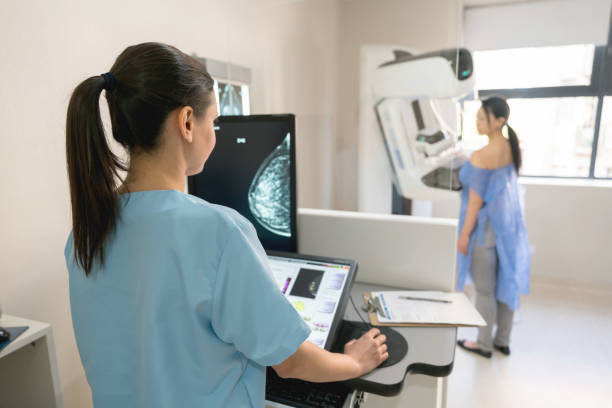X-ray is a common medical diagnostic procure these days. It is an imaging procedure that uses low doses of Ionising radiation to detect internal injuries, fractures, and other health conditions. Since radiation possesses the risk of potential health effects when used carelessly, it is only performed by trained radiologists in a licensed imaging centre near me. This article discusses important risk factors and safety precautions one must be aware of.
When do you need an X-Ray?
Yes, an x-ray is quick and easy to diagnose several health conditions. Based on your health conditions, you can opt for other imaging methods too. For example, an x-ray is not at all recommended for developing babies. Hence, pregnant women are referred to take another diagnostic method instead of an x-ray. Other than that, an individual can be recommended by doctors for an x-ray in the following conditions:
- Fractures
- Osteoporosis and arthritis
- Breast tumours
- Bone cancer
- Severe tooth decay
- Enlarged heart
- Blocked blood vessels
- Lung diseases
- Infections
- To locate accidentally swallowed items
What are the risks associated with X-Ray?
Ionising rays such as x-ray are harmful to your body since they can cause cell damage, and mutation, leading to cancer. However, it is not true that if you get an x-ray done, you’ll develop cancer the next day. It is only possible if you are repeatedly subjected to high radiation doses over a long period. That’s why radiology labs near me use only the recommended low doses of radiation that do not pose such risk. In short, x-ray diagnosis is totally safe in moderation under trained professionals.
Preparation tips for an X-Ray
X-rays are a standard medical procedure that does not need special preparations. However, you can follow some simple preparation tips to achieve clear X-ray images.
- Tell your doctor if you have any metallic implants – Do you have any metallic implants in your body or the part that needs to be examined? It would help to tell your doctor before an x-ray since these objects can prevent x-rays from penetrating and producing clear images.
- Fasting – In most cases, there is no restriction on eating and drinking. However, if you are getting an x-ray for your gastrointestinal, your doctor will most likely recommend fasting for a particular duration.
- Contrast dye – Sometimes, doctors prescribe a contrast dye you must ingest before the x-ray procedure. These non-toxic dyes usually contain iodine which helps in producing much clearer images.
Safety precautions for patients and healthcare providers
If you are heading to an imaging centre near me, consider these simple precautions.
- Always keep a record if you have done x-rays in the past.
- Remove any jewellery and metallic objects.
- Pregnant women must tell their doctor so that they recommend other safe alternatives.
- Inform if you have had any allergic reactions in the past due to contrast dyes.
- Professionals handling the equipment must wear protective gear.
- Professionals must plan each exposure carefully to reduce the chances of repeated exposures.
Conclusion
With these simple safety precautions, you stand at no risk of experiencing any long-term adverse health effects. Therefore, it is best to get your test done only at a professional x-ray centre near me. Not only will you be in safe hands, but the expert radiologists will help you achieve accurate reports. If you also need an x-ray test, head to the best radiology lab near me.
They specialise in various medical diagnostic techniques, including x-ray, CT scan, mammography, MRI, and Dexa Scan. Their latest tools and techniques can diagnose any minor to complex diseases. Schedule your appointment with the best imaging centre near me today!
Frequently asked questions
Q. Who is a radiologist?
A radiologist is a medical physician specialising in using and interpreting medical imaging techniques like X-ray, CT scan, MRI, PET, and ultrasound.
Q. Is the X-ray the same as a CT scan?
Computed tomography (CT) scan produces highly-detailed, 3D images that can show minor internal organ and tissue damages, which X-ray cannot.
Q. What to do after an X-Ray?
After getting your X-ray done, you can change into your clothes. The doctor at the x-ray centre will advise you to continue regular physical activities or to rest based on your health condition.
???????
Q. Are there any side effects after getting an X-ray done?
Most adults don’t feel any side effects. However, if you have ingested contrast material before the exam, it can affect you slightly, such as nausea, hives, itching, metallic taste in the mouth, and light-headedness.





